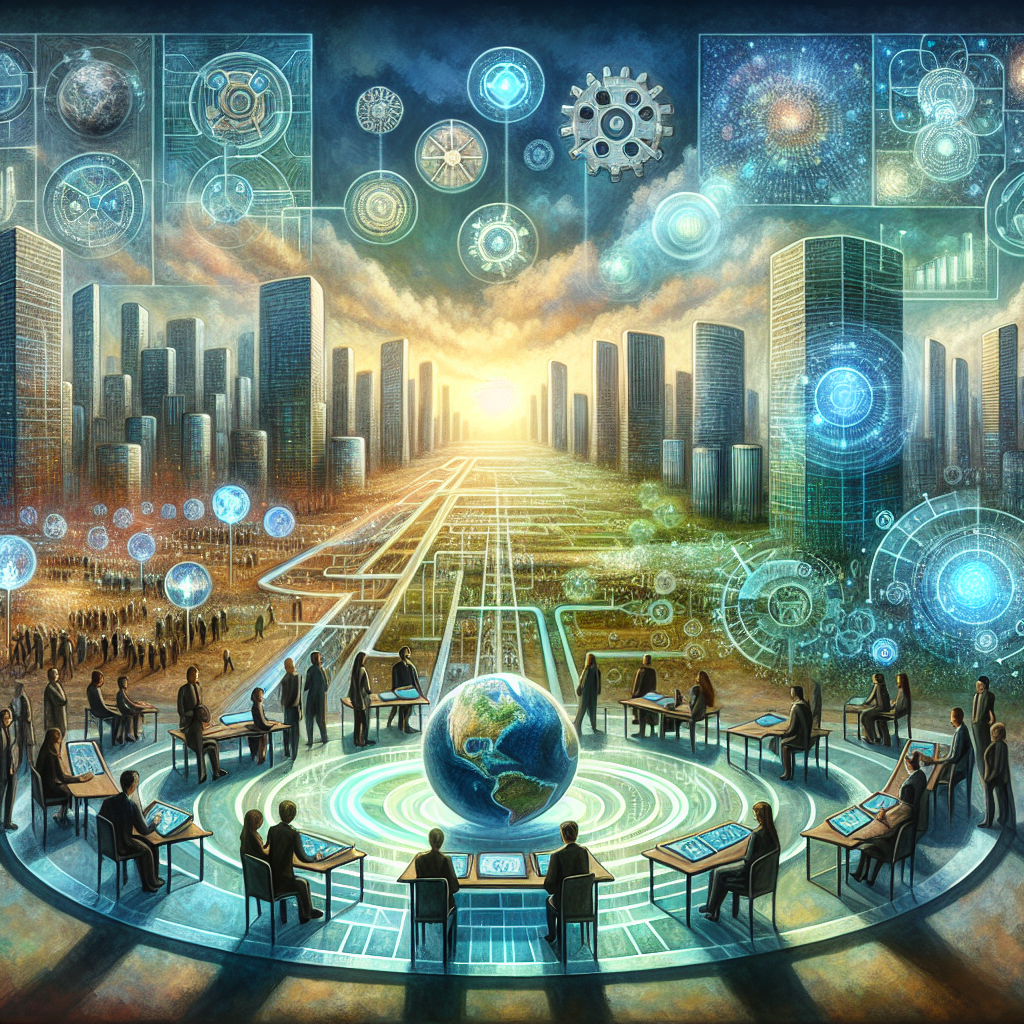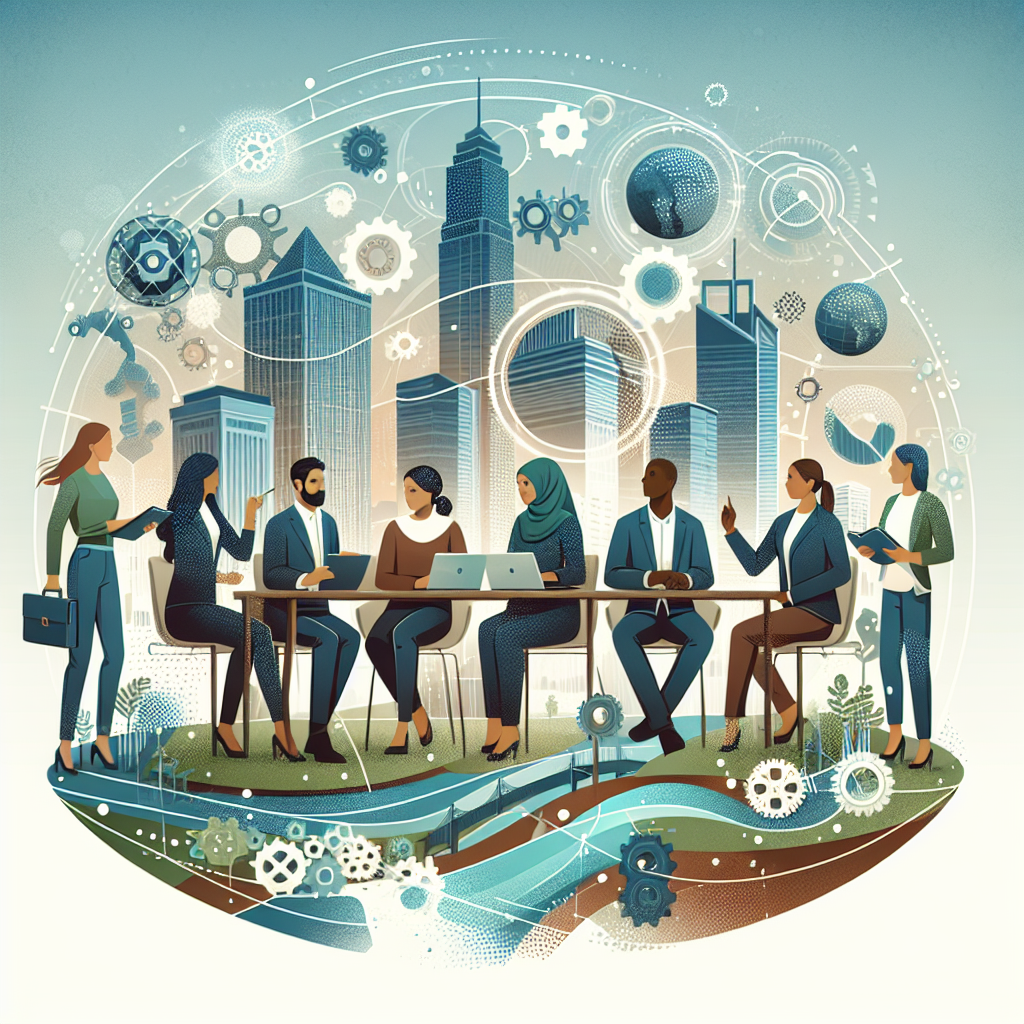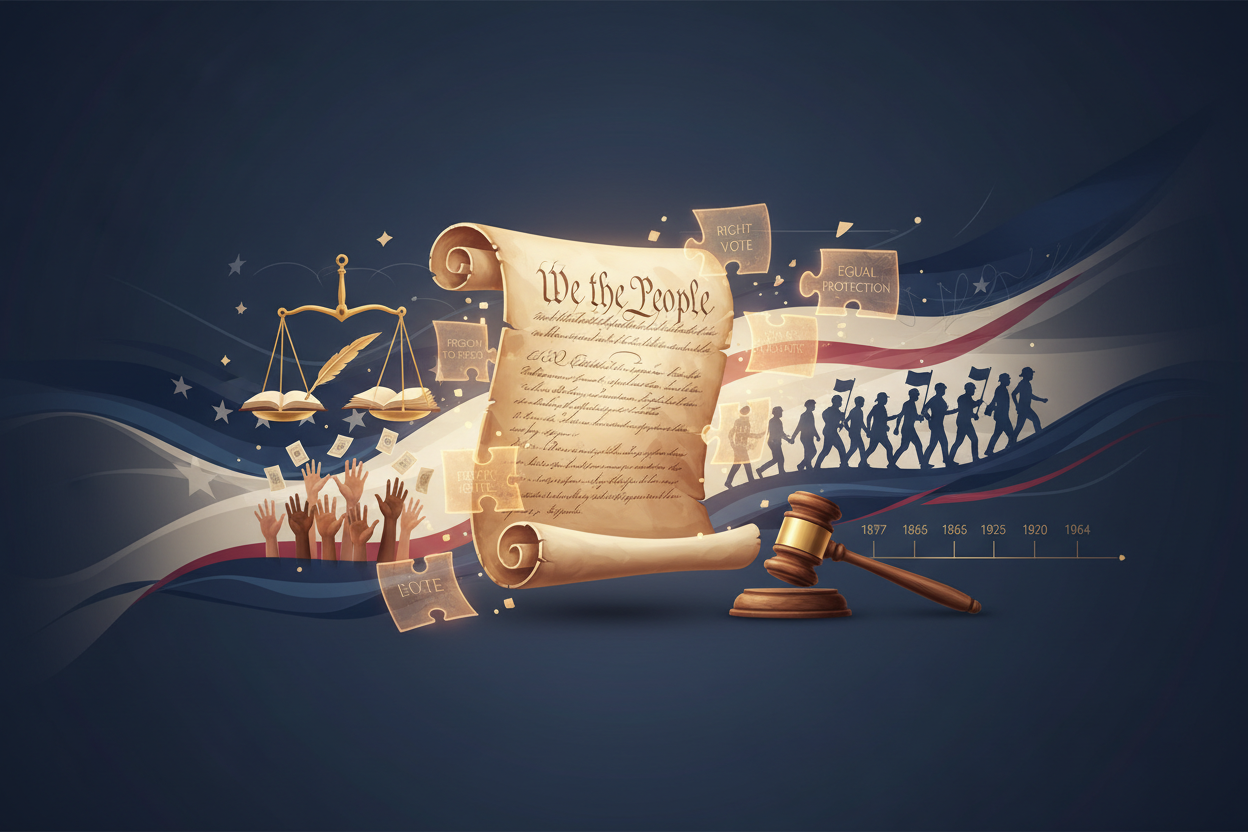Public Administration in the 21st Century: Challenges and Solutions
The 21st century has ushered in a new era for public administration, characterized by rapid technological advancements, evolving societal expectations, and increasingly complex global challenges. Public administrators are tasked with adapting to these changes while continuing to provide effective governance. This blog post explores the current challenges faced by public administration and offers potential solutions to navigate this dynamic landscape.
Understanding the Challenges in Modern Public Administration
Public administration today is vastly different from what it was just a few decades ago. The challenges are multifaceted, requiring innovative approaches and a willingness to adapt. Here are some of the most pressing issues faced by public administrators:

Technological Advancements and Digital Transformation
The digital age has transformed how governments operate and deliver services. Public administrators must integrate new technologies like artificial intelligence, big data, and blockchain into their workflows while ensuring data security and privacy. The challenge lies in keeping up with rapid technological changes and ensuring that all citizens have equal access to digital services.

Increased Public Expectations
Today’s citizens expect transparency, accountability, and efficiency from their governments. They demand more involvement in decision-making processes, often facilitated by social media and other digital platforms. Public administrators must find ways to engage with citizens effectively and meet these heightened expectations.
Globalization and Policy Complexity
With globalization, local issues are often intertwined with international affairs. Public administrators face the complexity of developing policies that address local needs while considering global implications. This requires a nuanced understanding of international relations, trade policies, and cross-border collaborations.
Environmental Sustainability
The urgency of addressing climate change and promoting environmental sustainability presents another significant challenge. Public administrators are responsible for implementing policies that support sustainable development and reduce environmental impact, balancing economic growth with ecological preservation.
Solutions to Enhance Public Administration in the 21st Century
While the challenges are significant, there are numerous strategies public administrators can employ to navigate these complexities effectively:
Embracing Technology and Innovation
To harness the potential of technology, public administrators should invest in digital infrastructure and encourage innovation. This includes training staff to use new technologies effectively and developing digital literacy programs for citizens. Collaboration with tech companies and startups can also foster innovative solutions tailored to specific governmental needs.
Fostering Citizen Engagement
To meet the growing demand for transparency and accountability, public administrators should create platforms for citizen engagement. This could involve hosting public forums, utilizing social media for real-time communication, and implementing e-governance tools that allow citizens to participate in policy-making processes actively.
Strengthening International Cooperation
Addressing globalization challenges requires strong international partnerships. Public administrators should engage in cross-border collaborations and participate in international forums to share knowledge and best practices. This approach can lead to more coherent policies that address both local and global issues.
Prioritizing Environmental Policies
Sustainable development must be at the forefront of public administration agendas. Administrators should develop and implement policies that promote renewable energy, waste reduction, and conservation efforts. Encouraging public-private partnerships can also facilitate the development of sustainable infrastructure projects.
Conclusion
The 21st century presents both challenges and opportunities for public administration. By embracing technology, fostering citizen engagement, strengthening international cooperation, and prioritizing environmental sustainability, public administrators can navigate these complexities effectively. As we move forward, innovative solutions and a commitment to adaptability will be crucial in shaping effective governance that meets the needs of our rapidly changing world.
FAQs
Q: What role does technology play in modern public administration?
A: Technology plays a critical role in enhancing efficiency, transparency, and citizen engagement in public administration. It allows for more streamlined processes, data-driven decision-making, and improved communication with the public.
Q: How can public administrators engage citizens more effectively?
A: Public administrators can use digital platforms, social media, and e-governance tools to facilitate real-time communication and involve citizens in policy-making. Public forums and community meetings are also effective ways to engage with citizens face-to-face.
Q: Why is international cooperation important in public administration?
A: International cooperation is vital because many challenges, such as climate change and economic instability, are global in nature. Collaborative efforts allow for shared solutions and coherent policies that address these issues more effectively.
Q: What are some examples of sustainable policies in public administration?
A: Sustainable policies could include initiatives to promote renewable energy, waste management programs, conservation projects, and regulations to reduce carbon emissions. These policies aim to balance economic growth with environmental preservation.





Leave a Reply
You must be logged in to post a comment.